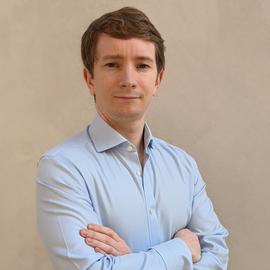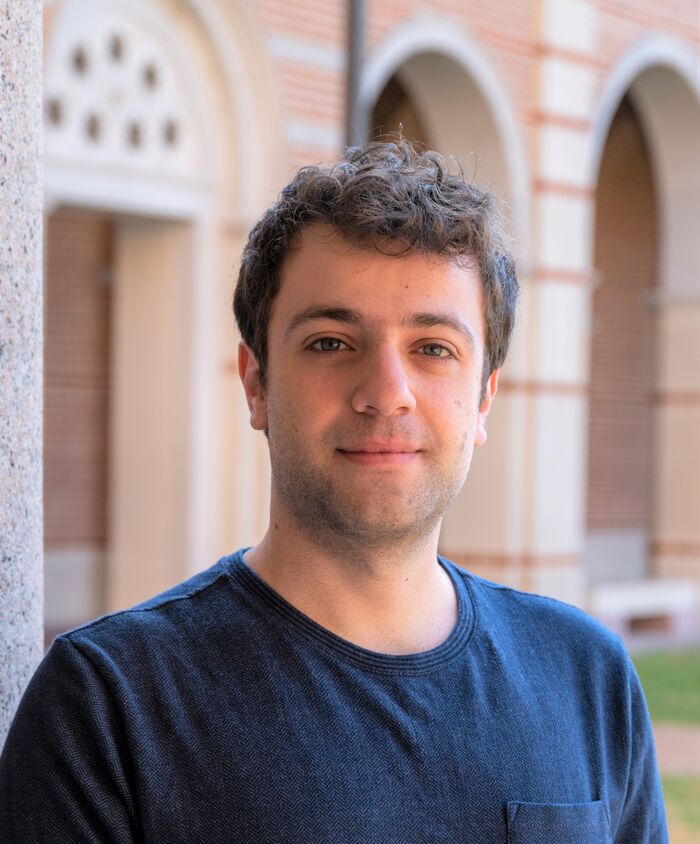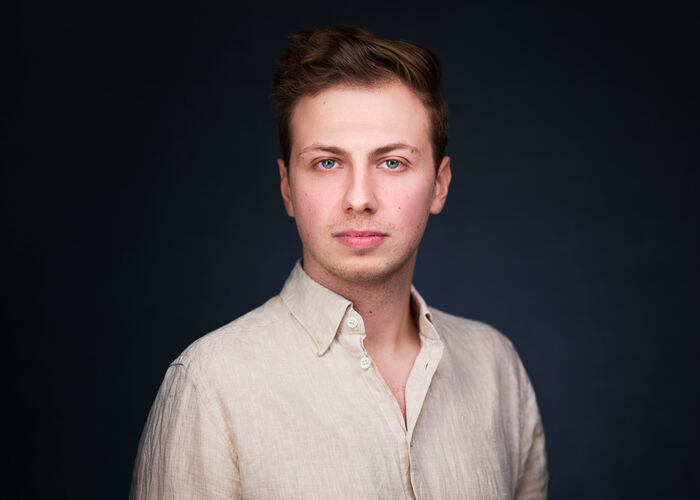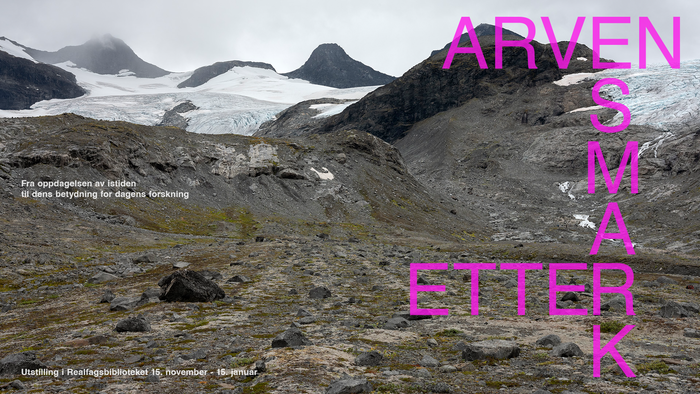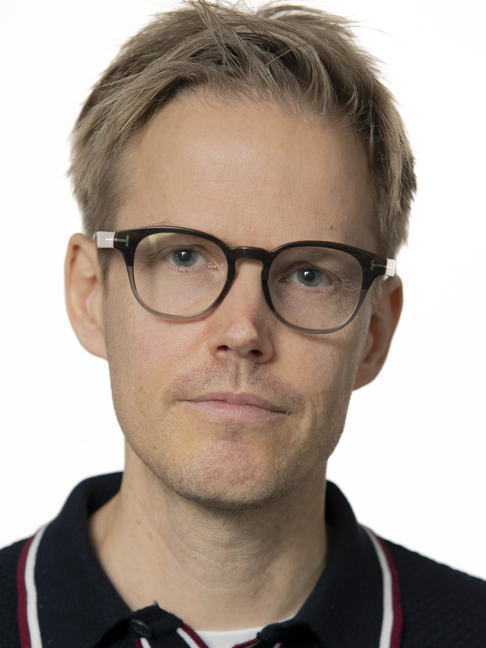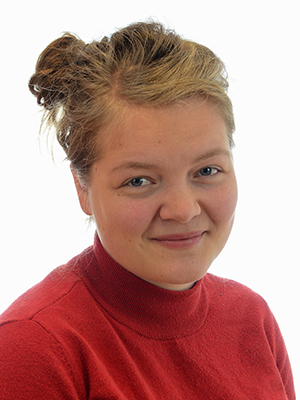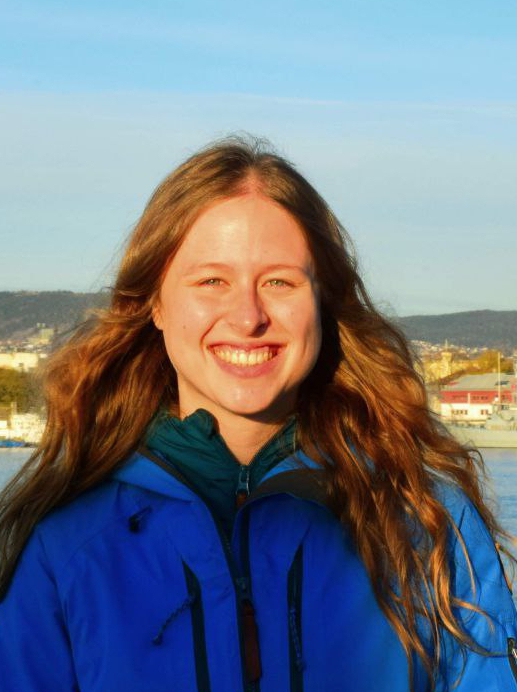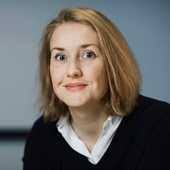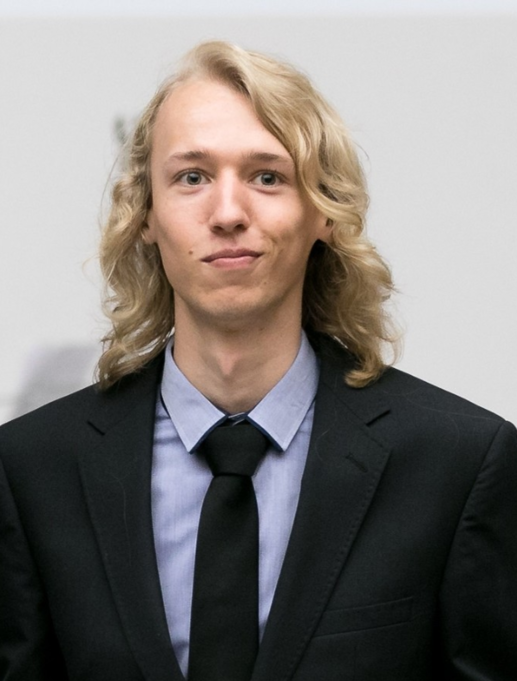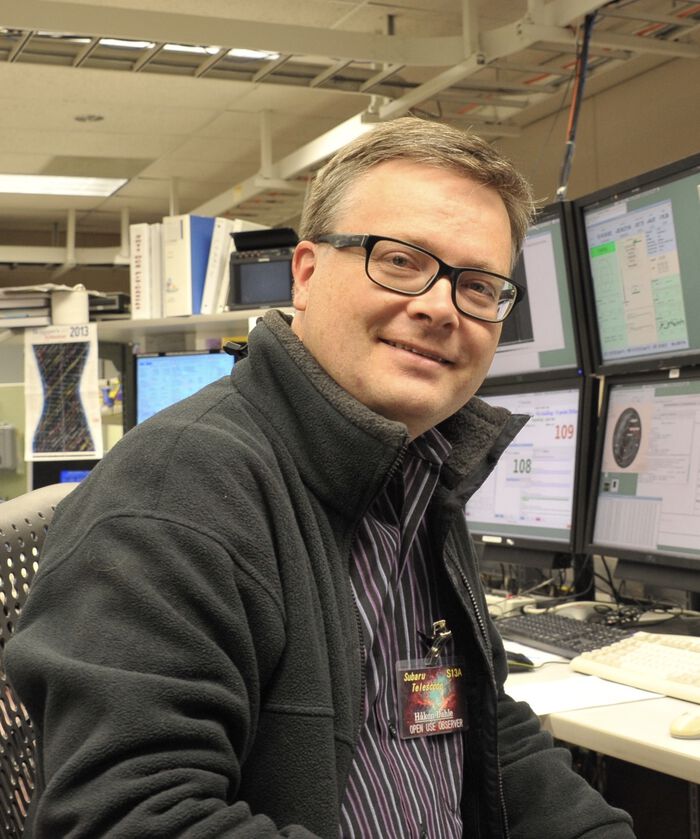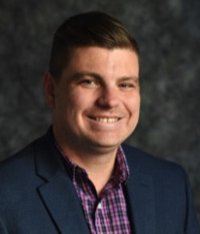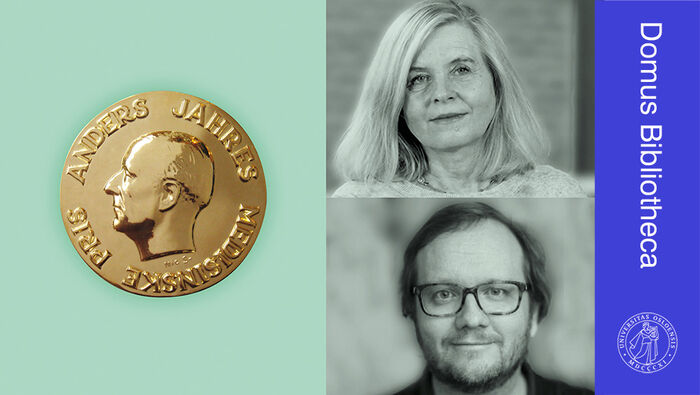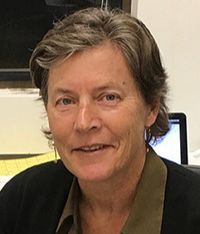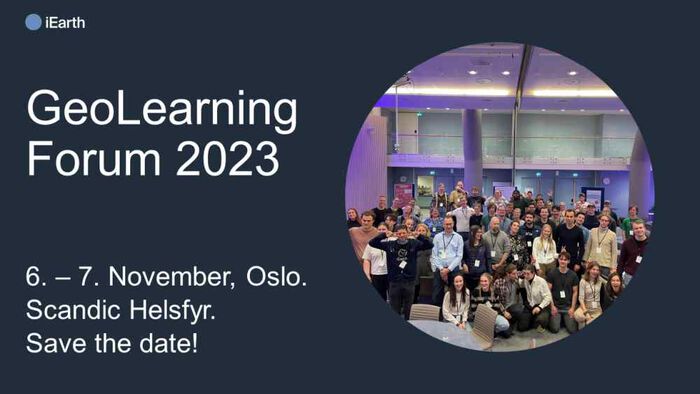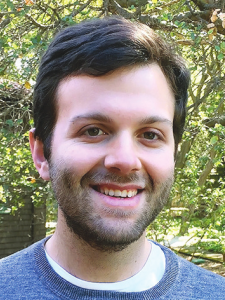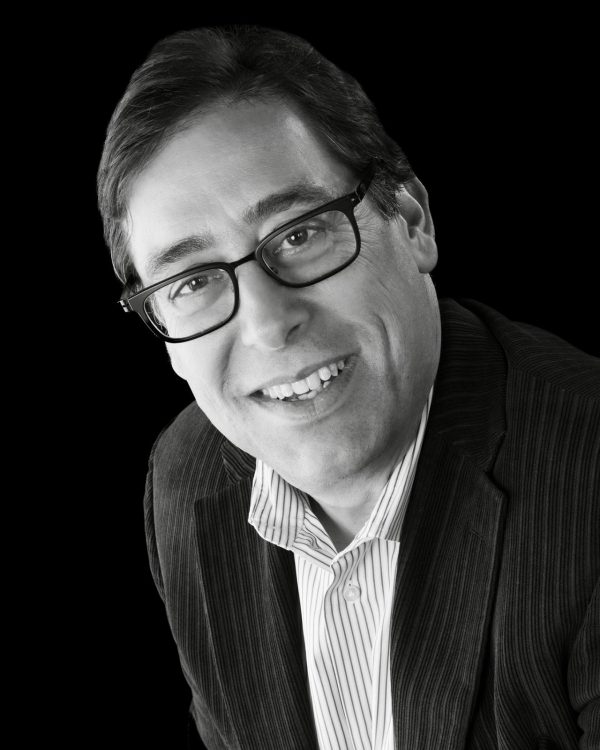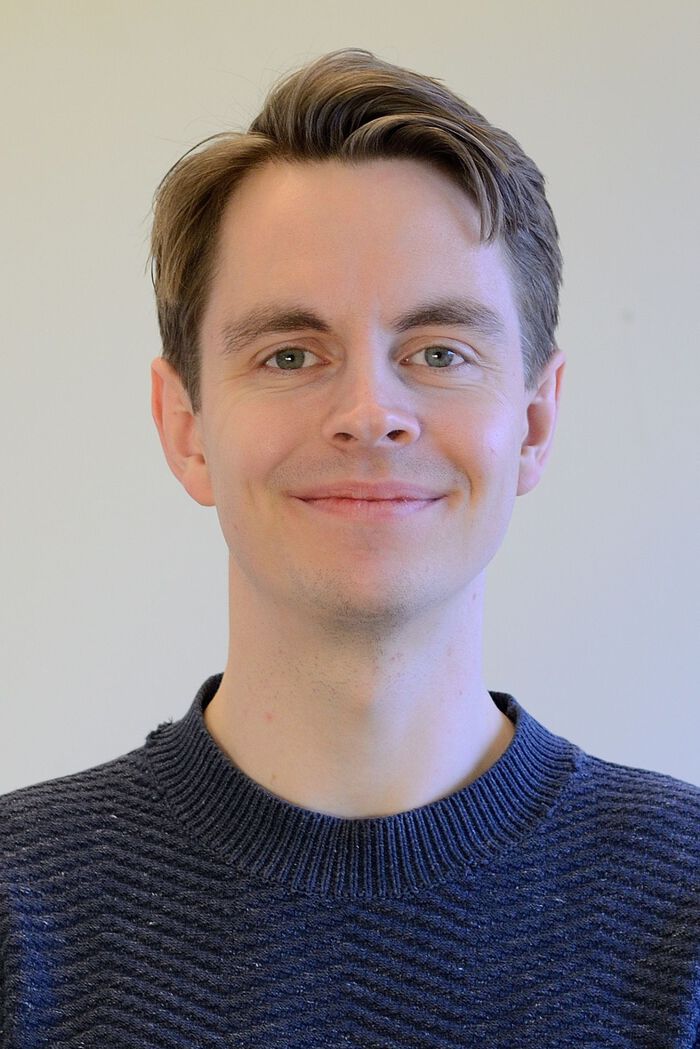Previous events - Page 14
Welcome to the GEOHYD Lunch Seminar Monday 17th of November @ 12:15 in Aud. 1, Geology building, or via video link using Zoom. The seminar is held by Simon Filhol (UiO).
We combine a pressure correction scheme with interior penalty discontinuous Galerkin (dG) discretisation to solve the time-dependent Navier–Stokes equations. We prove unconditional energy stability and a priori error estimates for the velocity. With duality arguments, optimal L2 error rates are obtained. Convergence of the discrete pressure is also established. Further, we propose a splitting scheme, integrating the pressure correction approach, for the Cahn–Hilliard–Navier–Stokes system The numerical analysis of dG combined with this scheme is discussed. Namely, we show well--posedness, stability, and error estimates. Numerical results with manufactured solutions display our theoretical findings, and a spinodal decomposition example portrays the robustness of our approach.
Tim Zimmermann, PhD student at the Institute of Theoretical Astrophysics, University of Oslo.
Dr. Joachim Mossige, Dept. of Physics, UiO.
For 200 år siden oppdaget geologen Jens Esmark, gjennom å observere formasjoner i landskapet, at Jorden en gang måtte ha vært dekket av is. Ved å studere isbreer kan dagens forskere rekonstruere historiske klimaforhold og miljøendringer, kartlegge hvordan landskapet har forandret seg gjennom tiden, samt sette dagens hurtige klimaendringer i et lenger perspektiv.
Traditional quantile estimators are not well-suited for data streams because the memory and computational time increase with the volume of data received from the stream. Incremental quantile estimators refer to a class of methods designed to maintain quantile estimates for data streams. These methods operate by making small updates to the estimate every time a new observation is received from the stream. In this presentation, I will introduce some of the incremental quantile estimators we have developed.
Doctoral candidate Christiane Færestrand Ellefsen at the Department of Pharmacy, Faculty of Mathematics and Natural Sciences, is defending the thesis "Structural and immunomodulatory properties of β-glucans from edible mushrooms" for the degree of Philosophiae Doctor.
Florine Enengl will defend her thesis “Investigation of Ionospheric Plasma Structuring and Processes related to Auroral Particle Precipitation” for the degree of Philosophiae Doctor at the University of Oslo, Faculty of Mathematics and Natural Sciences.
Your brain has its own waterscape: whether you are reading, thinking or sleeping, fluid flows through or around the brain tissue, clearing waste in the process. These biophysical processes are crucial for the well-being and function of the brain. In spite of their importance we understand them but little, and mathematical and computational modelling could play a crucial role in gaining new insight. In this talk, I will give an overview of mathematical, mechanical and numerical approaches to understand mechanisms underlying pulsatility, fluid flow and solute transport in the human brain. Topics include fluid-structure interactions, generalized poroelasticity, mixed finite element discretizations and preconditioning, uncertainty quantification, and optimal control.
Welcome to the GEOHYD Lunch Seminar Monday 10th of November @ 12:15 in Aud. 1, Geology building, or via video link using Zoom. The seminar is held by Trine Jahr Hegdahl (NVE).
Pascal Sado will defend his thesis “Machine Learning in Auroral Image Research; Aurora Image Classification using Machine Learning Techniques and Substorm Forecasting” for the degree of Philosophiae Doctor at the University of Oslo, Faculty of Mathematics and Natural Sciences.
Håkon Dahle, Researcher at the Institute of Theoretical Astrophysics, University of Oslo.
Is it difficult to set aside time to write? The Academic Writing Centre organsises structured writing sessions for PhDs and Postdocs.
Anders Jahres medisinske hovedpris for 2023 deles ut til professor Maiken Nedergaard, Universitetet i København. Prisen til yngre forskere for 2023 deles ut til lektor Marcus Buggert, Karolinska Institutet.
Title: Air Pollution and Climate Change in the Global South: from air sensors to supercomputers
Speaker: Daniel M. Westervelt, Columbia University
Open lectures by this year's winners of the Anders Jahre's Awards for Medical Research, Maiken Nedergaard and Marcus Buggert.
As we bid farewell to 2023 and welcome the first hints of winter, we invite you to take part in "The Winds of STORM" workshop!
Title: Microphysical evolution in mixed-phase mid-latitude marine cold-air outbreaks
Speaker: Paquita Zuidema, University of Miami
The annual GeoLearning Forum returns to Oslo for 2023! The theme for this year's meeting is "Sustainability and Inclusivity in Earth Science Education".
Blake D. Sherwin, Professor of Cosmology and Astrophysics, DAMTP, University of Cambridge.
Glenn Starkman, Distinguished University Professor at Case Western Reserve University (US).
Doctoral candidate Johannes Røsok Eskilt at the Institute of Theoretical Astrophysics, Faculty of Mathematics and Natural Sciences, is defending the thesis "Signatures of New Physics in the CMB: From Cosmic Topology to Cosmic Birefringence" for the degree of Philosophiae Doctor.
